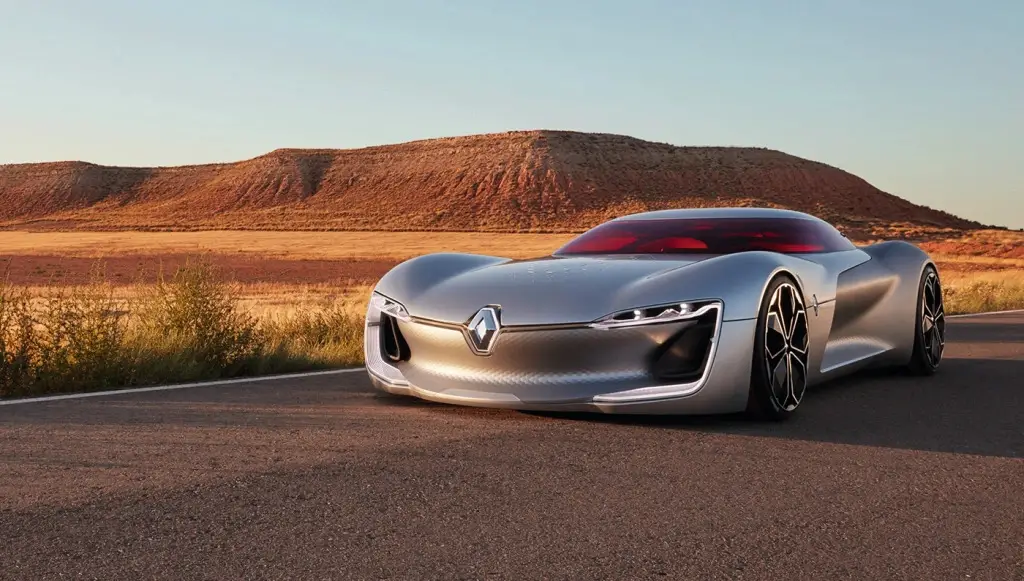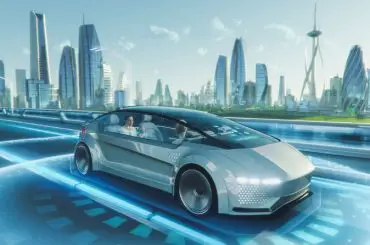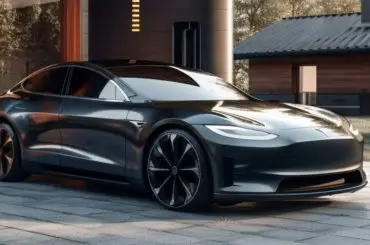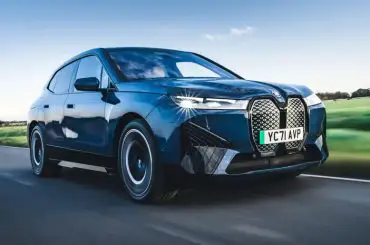Contents
The Future of Electric Vehicles | Introduction
Electric vehicles (EVs) are gaining popularity around the world as consumers and governments alike recognize the environmental and economic benefits of this technology. EVs are already making an impact on the automotive industry, but what does the future hold for this technology? In this article, we will explore some predictions and trends for the future of electric vehicles.
Increase in Adoption Rates
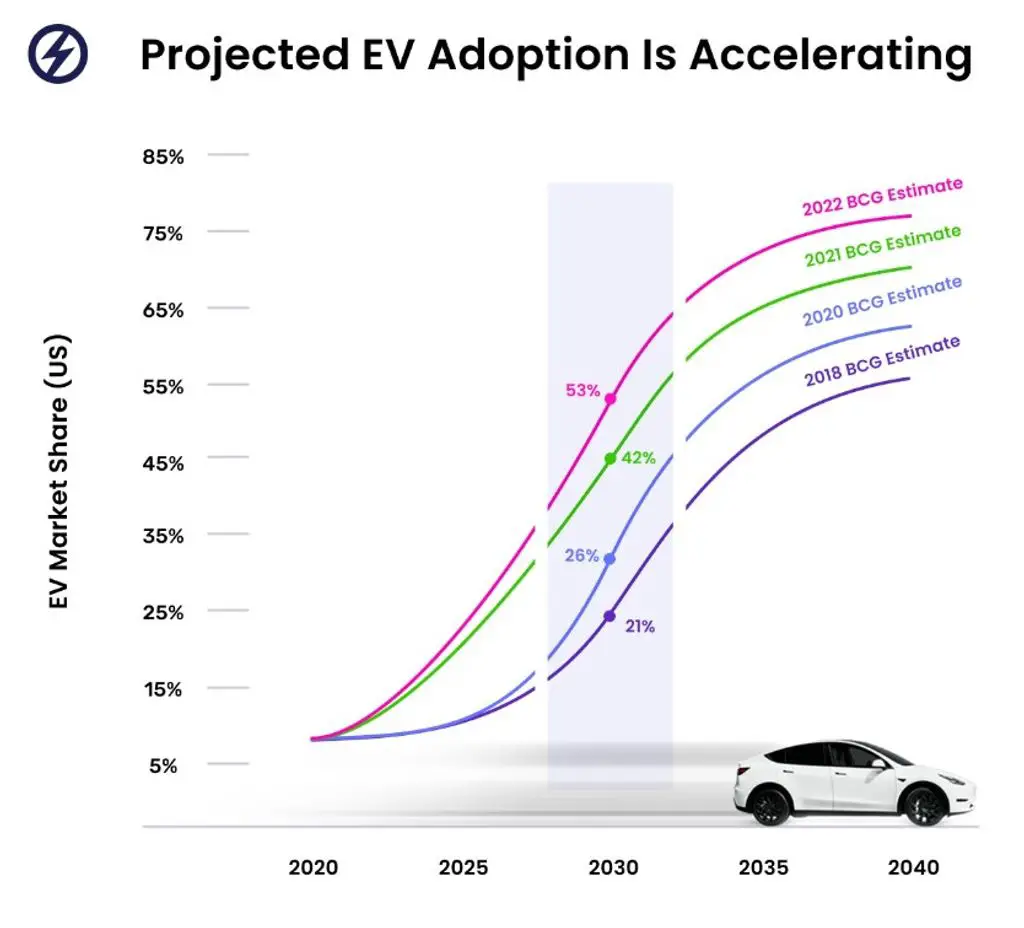
The adoption rate of EVs is expected to increase significantly over the next decade. According to a report by BloombergNEF, EVs are projected to make up 31% of all new vehicle sales globally by 2030. This growth is driven by the declining costs of batteries and increased government incentives for EVs. Furthermore, many automakers are now focusing on electric vehicle production, indicating that the industry is preparing for a future with fewer gasoline-powered vehicles.
Battery Technology Improvements
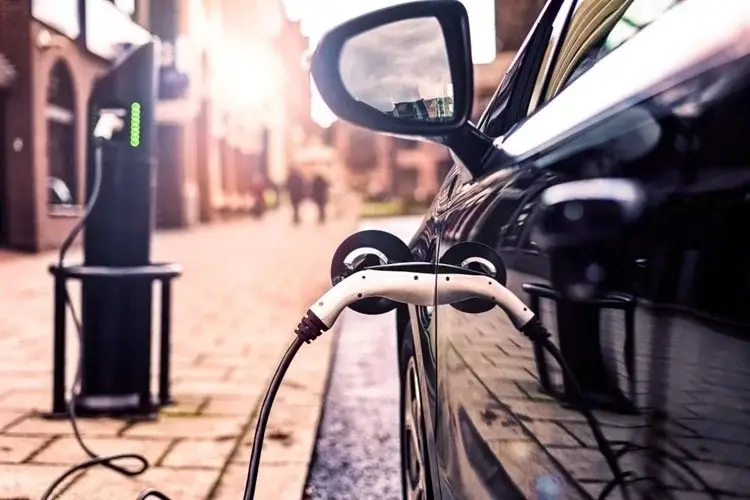
One of the biggest challenges for EVs is range anxiety – the fear that the car will run out of power before reaching its destination. However, improvements in battery technology are addressing this issue. Battery costs have dropped significantly over the years, and energy density has increased, allowing EVs to travel further on a single charge. In the coming years, we can expect to see even more improvements in battery technology, including faster charging times and longer ranges.
Growth in Infrastructure
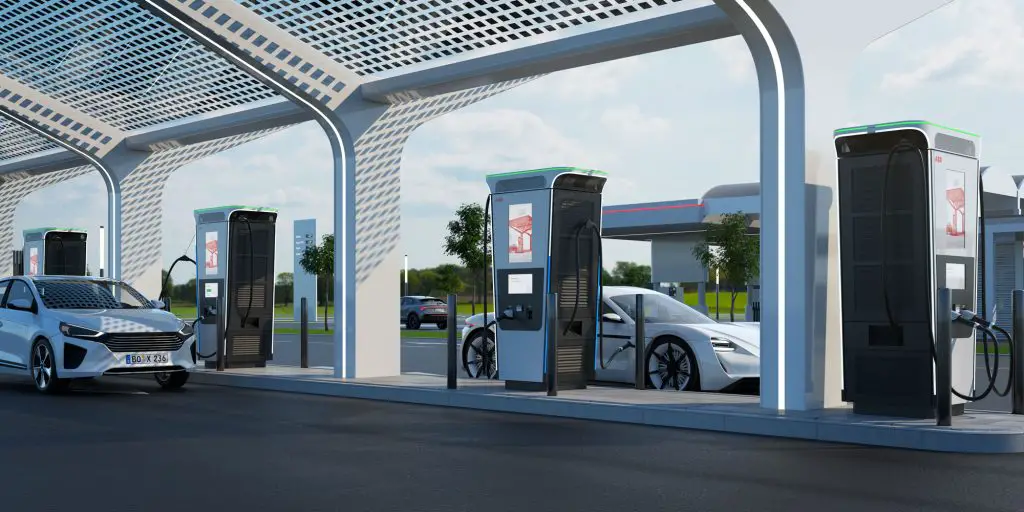
As more EVs hit the road, the need for charging infrastructure will grow. Governments and private companies are investing in charging stations, and this trend is expected to continue. According to the International Energy Agency, the number of public charging points is expected to grow from 1 million in 2017 to 40 million by 2030. This growth in infrastructure will help to alleviate range anxiety and make EVs more convenient for consumers.
Electric Trucks and Buses
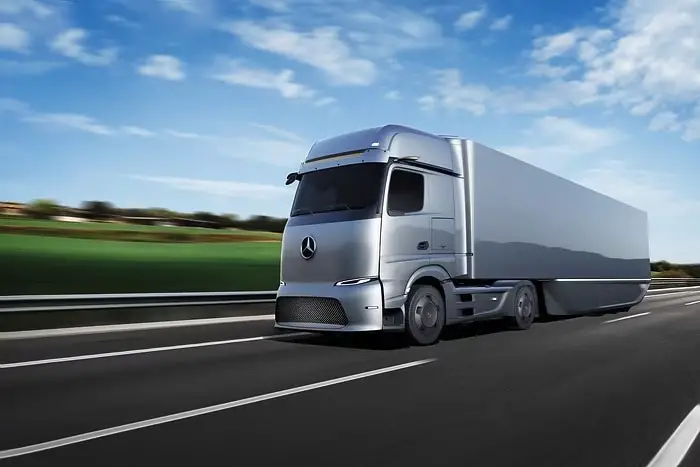
While most of the attention has been on passenger vehicles, electric trucks and buses are also gaining traction. Companies such as Tesla and Rivian are developing electric pickup trucks, while companies like Proterra and BYD are producing electric buses. As more of these vehicles hit the road, we can expect to see a reduction in emissions from the transportation sector.
Autonomous Driving
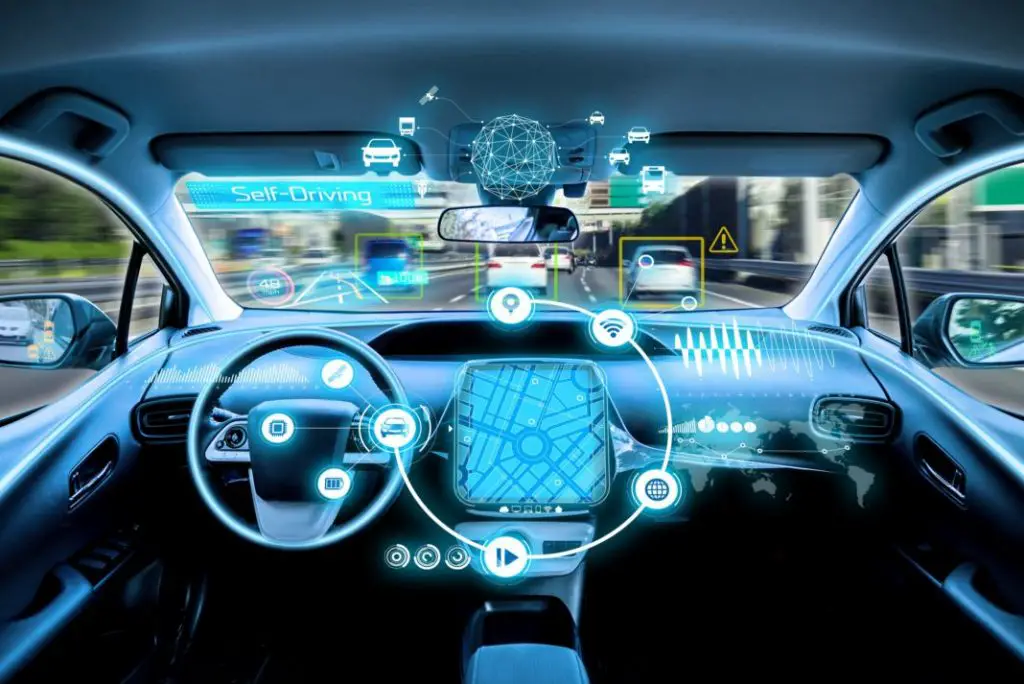
Finally, the rise of autonomous driving technology could have a significant impact on the future of electric vehicles. EVs are well-suited for autonomous driving due to their simpler drivetrains and the ability to integrate with smart charging infrastructure. As autonomous driving technology continues to advance, we may see a shift towards shared autonomous EV fleets, reducing the need for car ownership.
Integration with Renewable Energy Sources
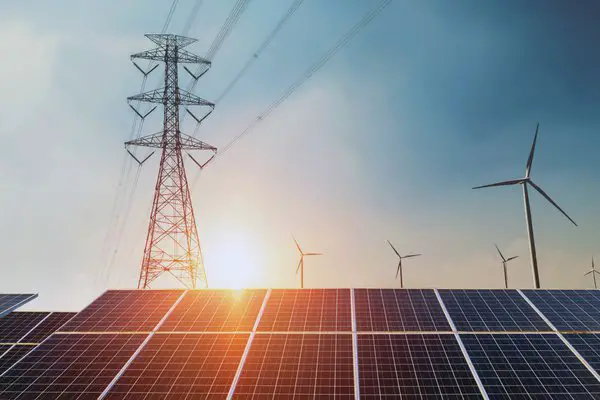
Another trend for the future of electric vehicles is the integration with renewable energy sources. As more countries aim for carbon neutrality, renewable energy sources such as wind and solar power will play a bigger role in generating electricity. EVs can play a crucial role in this transition by serving as mobile batteries, storing energy from renewable sources and feeding it back into the grid when needed. This integration could lead to more efficient and sustainable energy systems, reducing reliance on fossil fuels and ultimately mitigating the effects of climate change.
Evolution of Design and Features
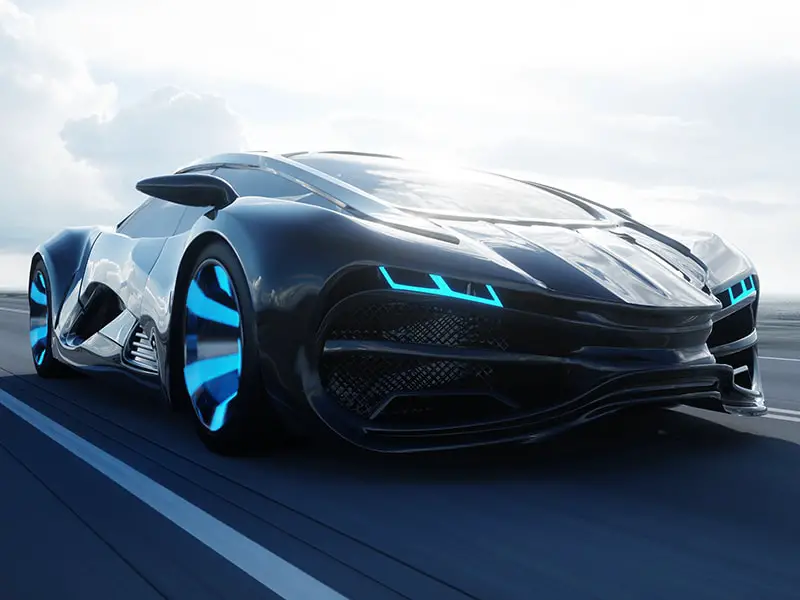
As the technology behind EVs continues to evolve, we can also expect to see changes in their design and features. With fewer moving parts than internal combustion engines, EVs offer greater flexibility in design and could pave the way for more innovative and futuristic vehicle designs. Furthermore, EVs come with a range of features and benefits such as regenerative braking, instant torque, and fewer maintenance requirements. These features could influence the design of future vehicles and potentially lead to a shift in consumer preferences towards electric vehicles.
In conclusion, the future of electric vehicles looks promising as the industry continues to grow and evolve. With the increase in adoption rates, battery technology improvements, growth in infrastructure, electric trucks and buses, the rise of autonomous driving technology, integration with renewable energy sources, and evolution of design and features, it is clear that electric vehicles will play a major role in the future of transportation. As we continue to strive towards a more sustainable future, electric vehicles will be an essential component of the transition to cleaner and more efficient transportation systems.

